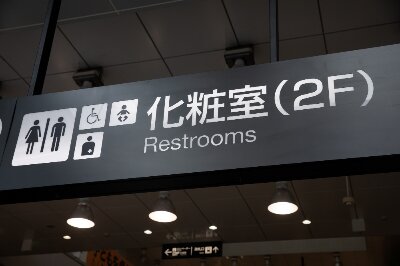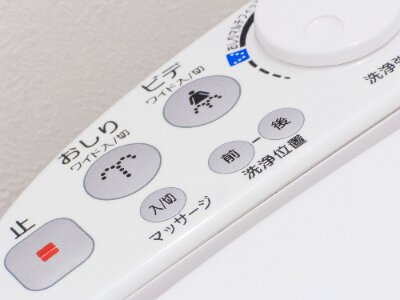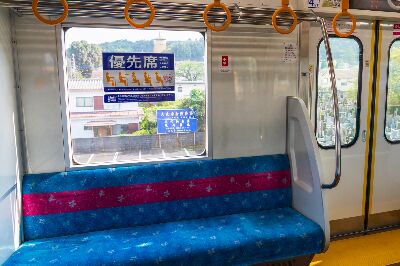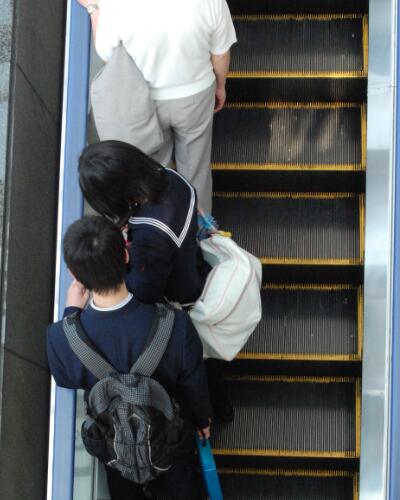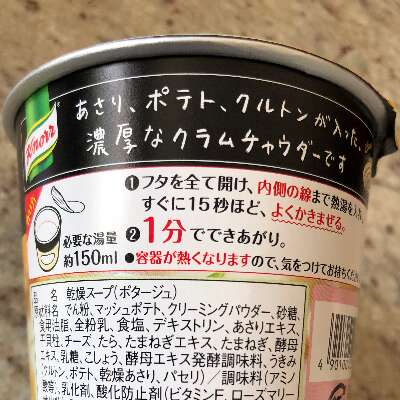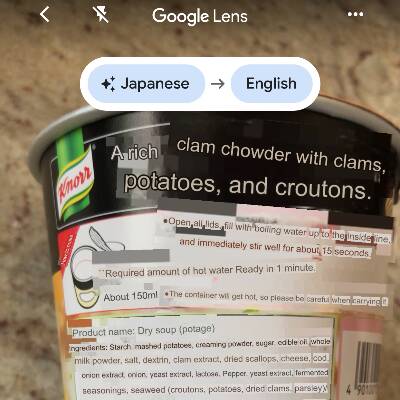Survive & Thrive in Japan:
What You REALLY Need to Know Before You Go to Japan
Survive & Thrive in Japan:
We’re not going to be talking about things like taking your shoes off inside homes or bowing; everybody already knows this much about Japan and Japanese culture.
We’ve compiled information from questions or feedback from hundreds of short-to-medium term visitors to Japan, and will add notes about what Japanese people ACTUALLY care about. Hint: It’s not your tattoos.
We’ve split this information into several categories that go into the subjects in enough depth to hopefully get you through the first weeks or months without major issues, and have a quick “dos and don’ts in Japan” guide below.
Learn These Basics In More Details
Lifestyle Basics
How to use Japanese appliances, using ATMs, elevators, and more
Transportation Basics
Important for people without much train or subway experience.
Quick reference survival Japan Dos and Don’ts
Dos in Japan:
Language:
- Kanji Crash CourseLearn a few basic kanji for bathroom navigation (押す= Push)、引く= Pull、出口 = exit、入口 = entrance、御手洗 (お手洗い)(トイレ) = toilet、男 = Men(s)、女 = Women(s)
- Essential PhrasesLearn a few basic phrases: Sumimasen (excuse me, pardon me), Arigato Gozaimasu (formal polite “thank you”), Kudasai (Please).
Small manners go a very long way!
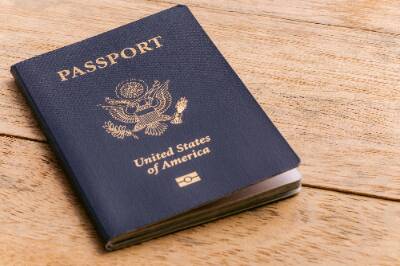
It’s the Law!:
- Carry IDCarry your passport or registration card with you, ALWAYS, it’s law and you might be asked to show it at any time and can be detained if you don’t.
- Mind Your MedsKnow which medications are considered narcotics or prohibited in Japan so you don’t get jailed or deported for your ADHD meds: check with the embassy.
Toilet Troubles:
- Slipper SavvyUse the toilet slippers, correctly.
- Washlet WondersLearn how to use the washlet / bidet toilets correctly (space-age type toilet)
- Squat SafelyKnow how to use a Japanese style toilet (squat type toilet)
- Handy HandkerchiefCarry a handkerchief or hand towel, there are no paper towels in public restrooms.
- Tissue TimeAccept the free tissue packs if offered, they’re handy! They can act as toilet paper in a public bathroom emergency situation.
Personal Care:
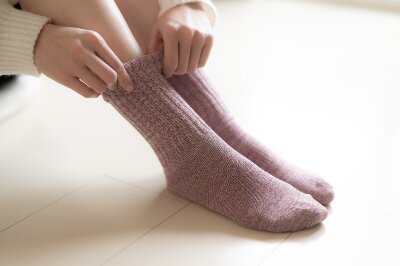
- The Importance of SocksWear clean socks with no holes! You might be unexpectedly taking your shoes off at any time, better safe than sorry.
- Deodorant DilemmaBring extra deodorant from home.
- Bring BasicsBring your skin tone’s foundation, and textured hair-care items from home.
- Buy in Japan!Buy your other personal care items like UV lotions, face washes, and skincare in Japan.
- Wash FirstWash and rinse your entire body off first before entering a sento (public bath) or onsen. You need to be squeaky clean BEFORE you get into shared water.
- Is the Doctor In? Understand that medical care is first rate, but English is going to be a barrier and you can be turned away from clinics and hospitals.
Train Etiquette:
- Take Your Ticket!Remember to take your ticket after going through the entrance gate of the subway / train / shinkansen: you’ll need it when you exit!
- Respect Your EldersThe silver seats on trains are for the elderly, if you’re on one and someone older comes, give them your seat. Same goes for pregnant women.
- For Smooth ExitsStart getting ready to get off the train about 1 station before your stop so it doesn’t get tight.
- Hands Up!Make sure your hands are held high (on a strap etc.) on a crowded train if you’re male.
General Etiquette / Tips:
- Embrace the DifferenceUnderstand that Japanese people expect you to be different so you don’t need to be perfectly “Japanese”, just show a little effort.
- Escalator EtiquetteStand or walk on the appropriate side of the escalator according to your pace. Watch how others are doing it, follow suit.
- Mind Your SpaceTake up the appropriate amount of space in public.
- Silence is GoldenDon’t blow your nose loudly in public.
- Mask MannersWear a mask in public if you’re sneezing and coughing or sick. Buy them from any Conbini; population density requires next-level infection prevention.
- Lost and FoundGo to a koban (police box) if you’re lost
- Reading Price LabelsUnderstand how to read prices and labels; no one’s out to trick you, but tax included / tax excluded / lunch prices / dinner prices differ and can be a little tricky.
- ObserveWhen in Rome: take time to observe how it’s done, and copy.
Stress-free Japanese / Kanji:
- Google Lensyou can use your smartphone to read labels, signs, and appliances even off-line!
See Google lens in action:

Technology and Communication:
- Line UpMake a Line (app) account if you want to communicate with Japanese friends.
- Offline TranslationsDownload the Google translate dictionary so you can use it off-line.
- Phone FirstHave your phone situation worked out before you get there.
- Simple NavigationInstall Navitime (Japan Travel by Navitime) to use transportation comfortably.
- Foodie HelperInstall Gourmet Navigator (GuruNavi) for finding specific restaurants
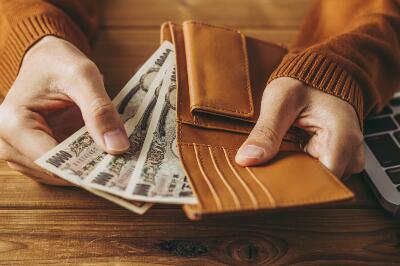
Money and Valuables:
- Cash is KingCarry at least some cash, always.
Food and Restaurants:
- The Bowl LiftKnow how to lift your bowl up closer to your mouth when using chopsticks for better control
- Drink DecoderKnow the difference between vitamin supplement drinks and juice.
- Drink Decoder Water EditionKnow the difference between sports / energy drinks and bottled water.
- Bento BlissEmbrace the bento box for lunch or Conbini sando / onigiri
- Vegan AppIf you’re vegan and need food recommendations, use the HappyCow app / site.
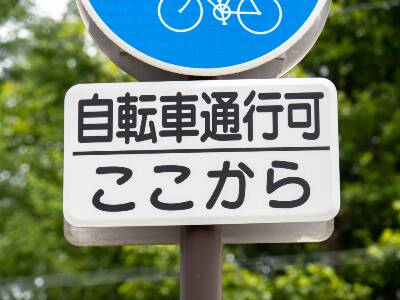
Culture and Customs:
- Cycling RulesLearn the rules for riding a bicycle and get a bicycle.Wearing a helmet is recommended and lights are required at night! Many people in Japan have bicycle insurance, consider signing up.A Guide to Rules and Safety
- Omiyage EssentialsBring omiyage (small gifts) for co-workers if you’ve taken a trip somewhere and taken time off work.
- Cult CautionAvoid the religious sect / cult members at train station that speak English surprisingly well: If you’re outside a station and a smiling Japanese person approaches you with a pamphlet in their hands, or asks to pray for you, avoid.
- Time Out for TotsIf you have children, and they’re misbehaving in a non-child specific space, remove them from that space.

Lifestyle Musts:
- Embrace the parasol
- Embrace the umbrella
- Wear your UV protection
Don'ts in Japan:
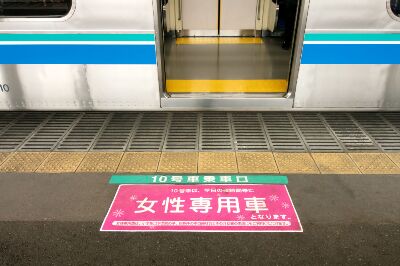
Transportation:
- Respect Women's SpaceDon't use the "Women's only" train cars if you identify male. This is for the safety and comfort of women passengers.
- One Person, One SeatDon't take up two seats if you can avoid it. Bags go on laps, shelves, or the floor, not the seat beside you. This is especially important on crowded trains.
- Public PeaceDon’t answer your phone on public transportation or speak loudly if with a friend.

Social:
- Maintain Personal SpaceDon't stand too closely to people. There are unwritten rules about personal space in Japan and it's best to maintain a comfortable distance, especially on trains or in crowded areas.
- Ask First, Shoot LaterDon't take photos of people without their approval. This is considered rude and disrespectful in Japan.
- Inside Voices Even OutsideDon't yell across a room. Speaking loudly is considered impolite in Japan.
General Etiquette / Rules:
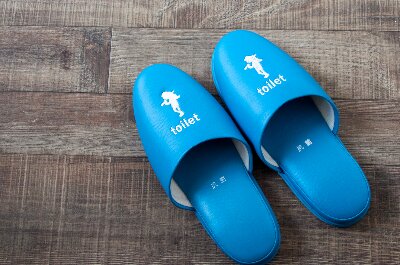

- Respect Obscenity LawsDon’t bring your porn with you: obscenity laws in Japan are different.
- Leave the Weed at HomeDon’t bring anything weed / thc / marijuana related & be REALLY careful about CBD products; they’re regulated as well. Better to know before you go than to get deported or detained.
- Non-Verbal CuesDon't physically push people out of your way. Use polite gestures (Japan has a good deal of non-verbal communication, learn those quickly) and phrases like "Sumimasen" to get people's attention rather than touching.
- Hands OffDon’t tap people, touch their bodies, or go in for a hug. No touchy (unless they initiate it).
- Avoid PointingDon’t point at people.
- Slippers Stay InsideDon't wear the toilet slippers back into the restaurant or izakaya.
- Tattoo ToleranceDon't worry too much about your tattoos, this is only really an issue in public onsen / hot springs, but cover them up in temples just to be polite.
- Chopstick EtiquetteDon't poke your chopsticks into your bowl of rice or point at people with chopsticks.
- Be Mindful of StaresDon't stare into other people's eyes a lot. This can be seen as a little rude or threatening in Japan, or a command to pay attention to you.
- Tipping Taboo?Don't tip. It's not rude, but it’s not customary or necessary in Japan.
- Don’t Eat & WalkDon't eat or drink while walking. This is considered bad manners.
- Laws MatterDon't jaywalk. Obey traffic signals and crosswalks.
- Blow It DiscreetlyDon't blow your nose loudly in public. This is considered rude and inconsiderate.
- Vitamin CautionDon't overindulge in vitamin supplement drinks. They can be strong and upset your stomach.
- Bidet BasicsDon’t stand up before the toilet bidet stream is finished
Onsen/Hot Springs:
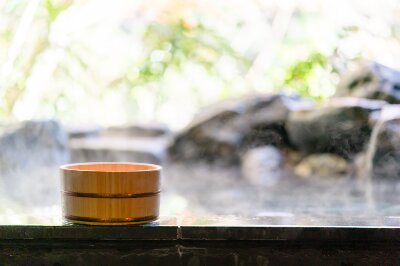
- Open Wounds OutDon't enter the onsen if you have any open wounds, tattoos, or infections.
- Shower Before You SoakDon't shower with your bathing suit on, you’re expected to get fully cleaned before entering shared water. You should be naked (or with a little onsen towel) before entering the onsen.
- Whispers OnlyDon't speak loudly or make noise in the onsen. This is a place for relaxation and quiet.
- No Diving AllowedDon't dive or splash in the onsen.
- Food-Free FunDon't bring food or drinks** into the onsen.
** Some onsen allow you to bring sake in and float in in a wooden tub, but don’t bring cans of cola or such into the shared onsen

